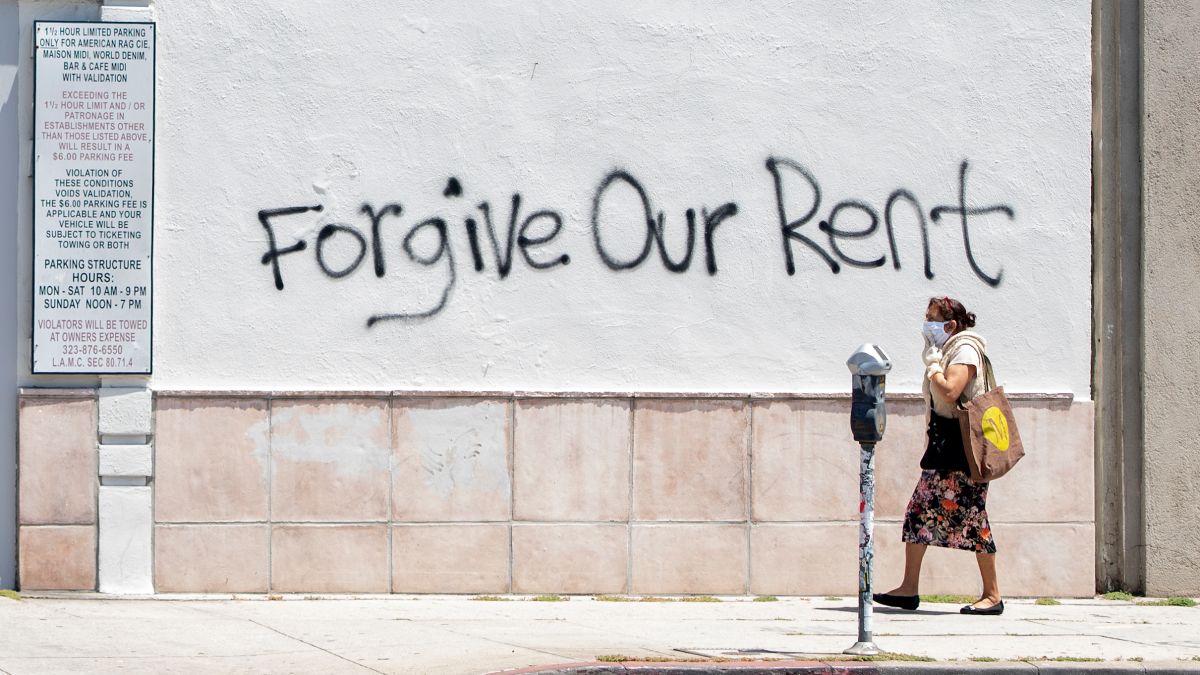House Democrats have proposed a $100 billion rental assistance program, but that aid is not included in the current negotiations among congressional Republicans over a new economic relief package.
“We are having a looming eviction crisis and by all accounts, Republicans are preparing a bill that won’t keep families in their homes,” Senate Minority Leader Chuck Schumer said on Wednesday.
“If we pass emergency rental assistance and extend the evictions moratorium, we’d help families and individuals pay the bills, stay in their homes and stabilize the rental market and help owners keep up with their property taxes and mortgages. So once again I say to Leader McConnell, to Senate Republicans, work with us to get something done,” added Schumer.
The earlier relief bill passed in March established a national eviction moratorium, but it only shielded renters living on federally subsidized or federally backed properties — and that protection runs out after July 24, though some agencies have extended the moratorium through the end of August for tenants who rent single-family homes with federally backed mortgages.
City and state efforts that halted eviction proceedings or provided emergency rental relief have either expired or funding has dried up, and in some cases, the assistance programs were suspended when applications overwhelmed the system.
As many as 23 million renters are at risk of eviction by September 30, according to a report by the Covid-19 Eviction Defense Project and the Aspen Institute Financial Security Program. According to the report, those most vulnerable to getting evicted are undocumented individuals, low-income renters and renters of color.
Some renters are still working but struggling
Kathy, a 51-year-old home health aide in Houston, owes rent for June and July. Though Kathy has been able to stay employed, she’s working fewer hours and lost her second job at a restaurant. She’s now only making $800 a month — and her rent for a one-bedroom apartment is $700.
Kathy, who didn’t want her last name used for fear of retribution from her landlord, says she hasn’t yet received her $1,200 stimulus check. She was previously helped by a local rental assistance program, but only after being one of the lucky few who successfully got through on the hotline.
“I tried so hard. I couldn’t get through, couldn’t get through, because it was first-come, first-serve,” she said. “Once the money ran out, that was it.”
Then there are renters like Aleshi, a 30-year-old Georgia mom who was furloughed from her job as a warehouse clerk in April. She also asked for her full name not to be used because of fear of retribution from her management company.
Aleshi started driving for the rideshare company Lyft this week, but she owes $910 in back rent on her two-bedroom unit for July and has already gone through her savings and dipped into her 401k to keep up.
“I am at the max,” she said. “I know that the courts are going to be opening up soon and I’m pretty sure they are going to be filing for an eviction.”

